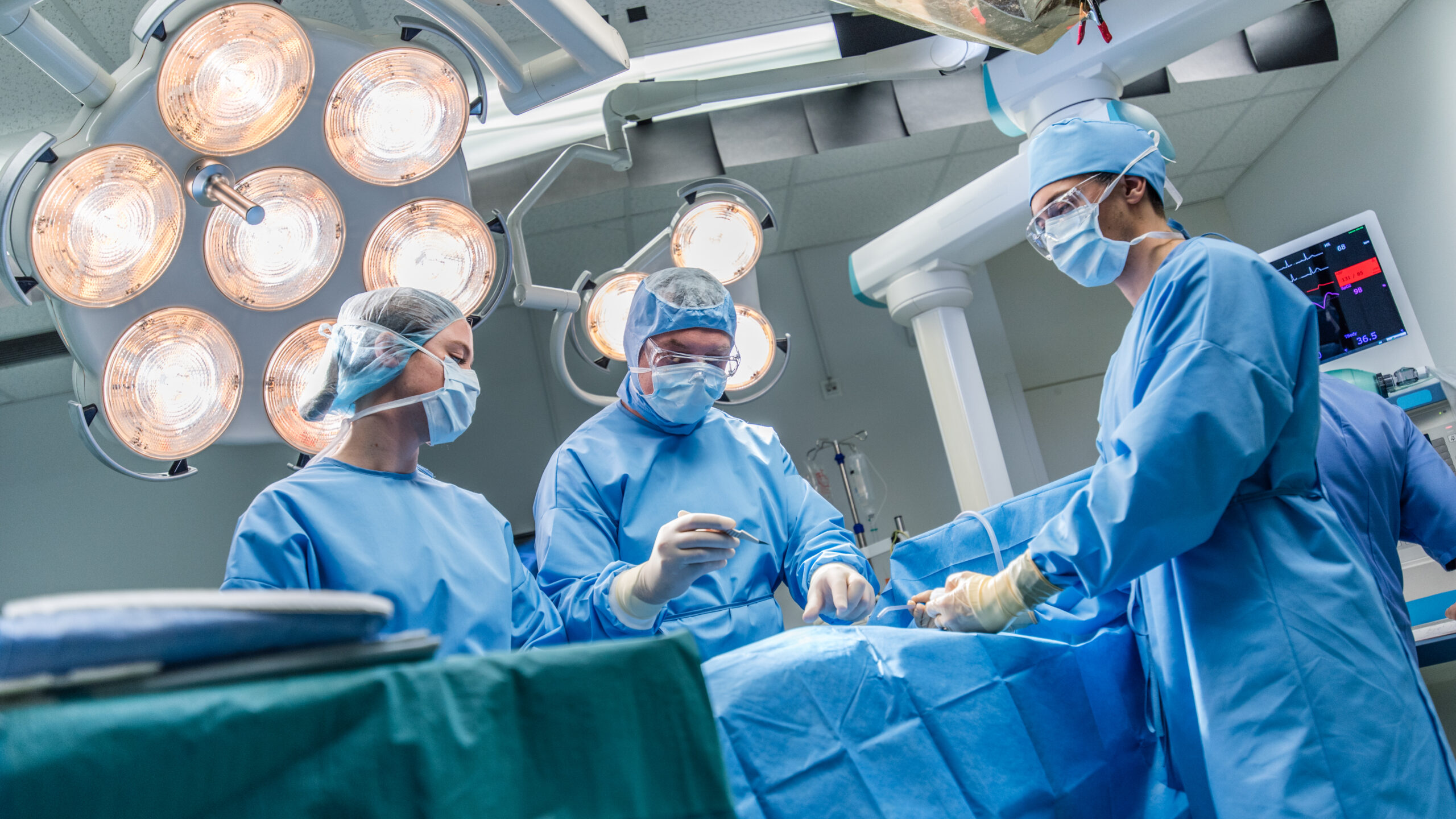A cancer diagnosis can be overwhelming and scary, but there are experts close to your home who have access to the most advanced surgical technologies and treatments. If your cancer journey requires surgery, you can be confident in the leading surgical oncologists at WMCHealth. Our care teams offer advanced multidisciplinary surgical care and a full-spectrum of capabilities, including diagnosis, treatment, rehabilitation, survivorship, and palliative planning. We can meet your specific needs every step of the way.
What Is Surgical Oncology?
Surgical oncology is surgery used to diagnose, treat, or manage cancer or cancer-related symptoms. There are many reasons surgery may be recommended, such as:
- Diagnosing cancer
- Relieving cancer symptoms
- Determining a cancer’s location
- Removing a tumor or cancerous tissue
- Supplementing other types of treatment
- Restoring one’s appearance or function due to other treatments or surgeries
There are various factors that determine whether you would be a good candidate for surgery. These include:
- Age
- Overall health
- Type of cancer
- Location of cancer
- The size of the tumor
- The stage or grade of cancer
- Other coexisting health or medical conditions
Types of Surgical Oncology
There are two overarching types of surgical oncology:
- Open or traditional surgery: A large incision is made to remove the tumor and/or surrounding cancerous tissue.
- Minimally invasive surgery: The latest techniques are used to make smaller incisions, which reduces risks as well as recovery times. These techniques include:
- Laser
- Robotic
- Cryosurgery
- Laparoscopy
What Are the Risks of Surgical Oncology?
As with all surgical procedures, there are possible side effects. The side effects you may experience will depend on the type of procedure and the reason you’re having it. A biopsy generally has fewer side effects than open surgery to remove a tumor. Some side effects may include:
- Pain
- Swelling
- Infection
- Bleeding
- Blood clots
- Lymphoedema
- Bruising around the incision site
The surgical oncologists at WMCHealth will discuss with you all the possible side effects and risks that may occur with oncology surgery. Our multidisciplinary team will also create a plan, including nutrition, rehabilitation therapy, and pain management to negate any anticipated side effects you may experience post-surgery.
What Can I Expect During Cancer Surgery?
What to expect before, during, and after cancer surgery will depend on the specific procedure and the reason for the procedure. Generally, before any procedure, you will undergo testing to see if you can tolerate it. Common tests include:
- EKG
- Blood test
- Urine test
- Other imaging tests such as CT Scan, X-Ray, MRI
Recovery will depend on your procedure as well as your overall health. Your doctor will provide guidelines on what to do during your recovery process and outline other treatments you may need.

